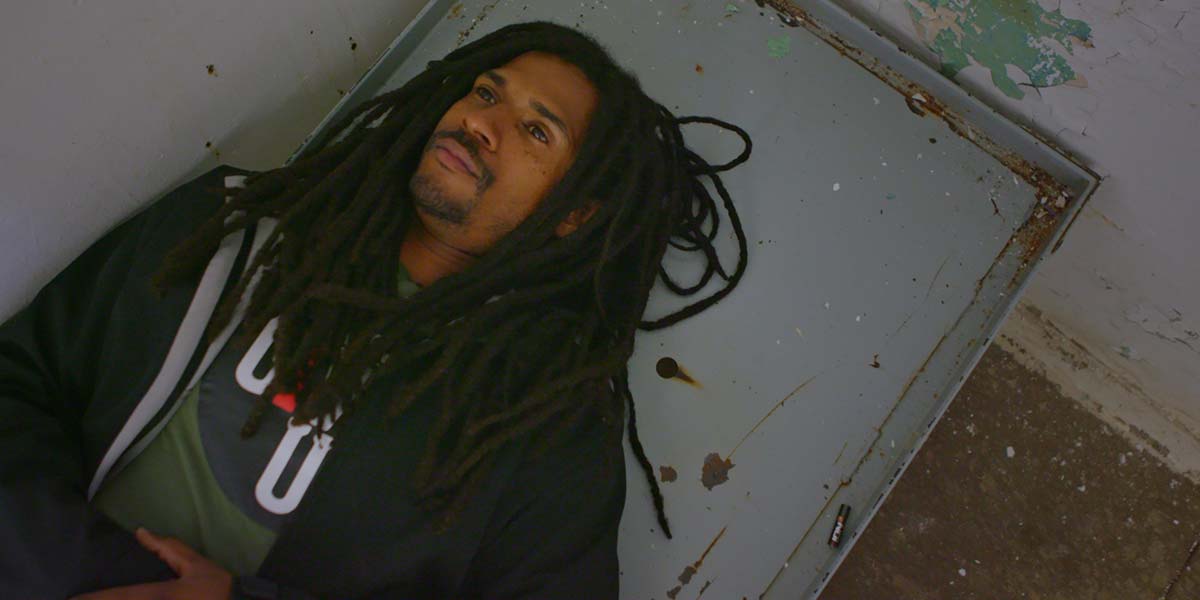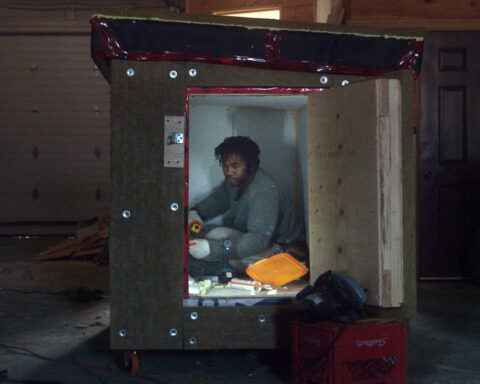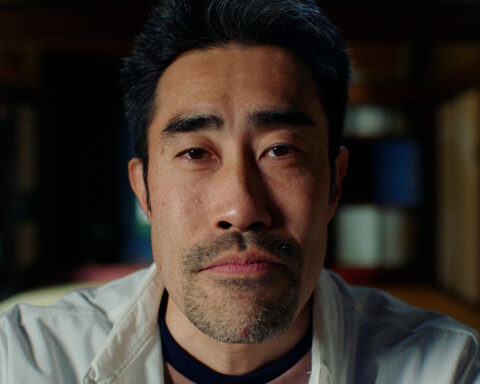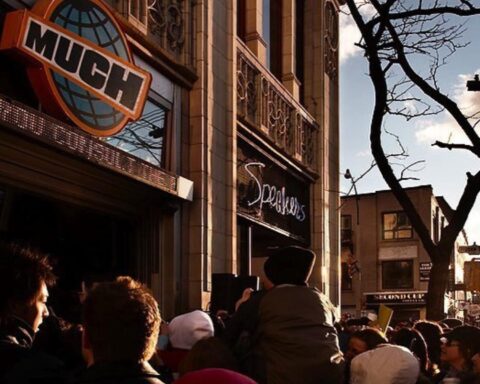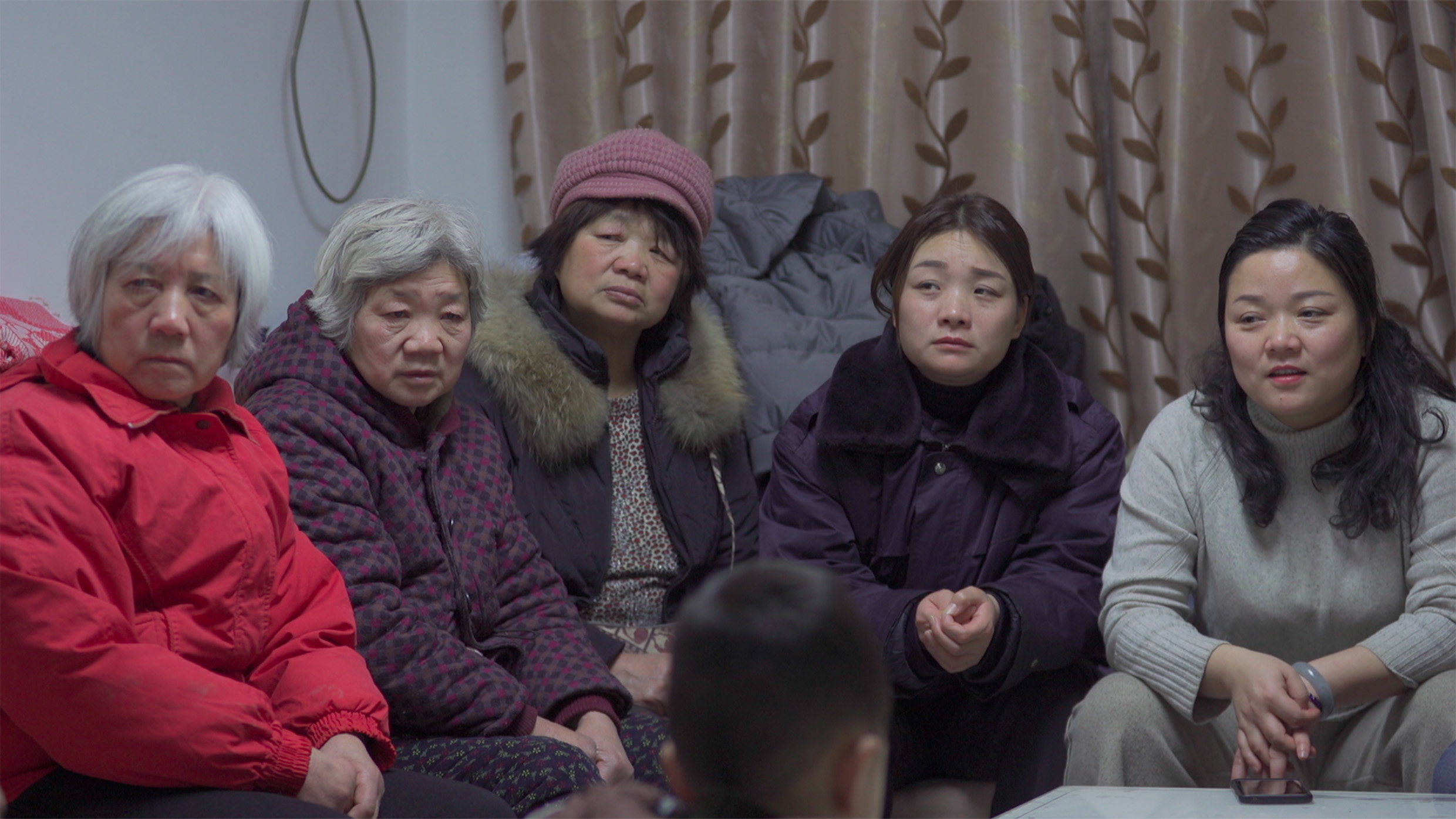40 Years a Prisoner
(USA, 110 min.)
Dir. Tommy Oliver
Programme: Special Events (World Premiere)
Director Tommy Oliver unpacks the legacy of systemic racism’s impact on one family in 40 Year a Prisoner. This powerful film follows the efforts of activist Mike Africa, Jr. as strives to have his parents released on parole. Only four years old when his parents Mike and Debbie were jailed for their participation in the revolutionary group MOVE, the young boy has only known his family through prison bars and visitors’ windows.
40 Years a Prisoner expands upon the actions of MOVE, offering images from the group’s unconventional commune housed within a quiet Philadelphia neighbourhood. MOVE’s main crime, it seems, was socking it to the establishment and cussing loudly around NIMBY neighbours. However, Oliver isn’t here to debate if the actions of MOVE leader John Africa and his followers were the right or wrong way to enact change. He doesn’t ignore the squalor in which MOVE lived, nor does he ignore the rap sheet of bylaws their commune inspired. Rather, he shows how those grievances hardly merited the acts of violence used to end them. The doc zeroes in on the consequences of the establishment’s refusal to listen to marginalised voices and opinions that challenge the mainstream. Viewed through the eyes of one man who has seen his family ripped apart by prejudice, 40 Years a Prisoner is a searing examination of the human costs of systemic racism.
40 Years a Prisoner fills a gap in documentary, for surprisingly few films have been produced about MOVE’s actions. James Osder’s 2013 all-archival film Let the Fire Burn, for example, chronicled the 1985 incident in which police escalated their actions against MOVE and assassinated leader John Africa in a fire bombing that claimed ten other lives, half of which were children. The images from Let the Fire Burn echo so clearly in 40 Years a Prisoner that one could easily mistake the films for chronicling the same incident, the final bombing notwithstanding. 40 Years a Prisoner revisits the tense and violent shootout that happened in 1978 when the Philadelphia fuzz moved in on MOVE to evict them from their property with a hurricane of gunfire.
Where Let the Fire Burn feels limited in scope by restricting its survey to the gut-wrenching images from the 1985 incident, 40 Years a Prisoner expands its view with interviews and verité. What the film captures is the spirit of MOVE that endures in surviving members. Oliver lands interviews with key players from the 1978 commune, members both Black and white, who still advocate for John Africa’s vision of a new world order. These interviewees, like Mike Africa, Jr. and his parents, have a fire within them that continues to burn.
Oliver also gets access to several police officers who participated in the shoot-out, which left one of their own dead. These interviews are even more revealing because the language of the officers illuminates how deeply entrenched racism, prejudice, and bias are within the force. One officer describes the members as “just vulgar people.” The police summarise MOVE’s philosophy as “radical this and blah blah blah.” One says he “had to take a shower” after being in proximity of the commune. The archival footage admittedly features vulgar language and confrontational attitudes from the MOVE members, but the cops are equally incensed within the images that Oliver conveys.
There are shocking images of police brutality, captured by journalists who witnessed the affair. These powerful snapshots provide evidence that challenge the officers’ account of the events, and support the argument that the city did everything in its power to silence some Black folks it found to be a nuisance. Oliver and his subject, however, aren’t out to play the blame game. Rather, the inquiry amasses evidence to capture the futility of the penal system. Mike Africa, Jr. wishes to prove that his parents, and the other MOVE members serving time in prison, aren’t violent people. The doc unpacks the multifaceted nature of systemic racism as people like Mike’s parents are stuck in jail in perpetuity even when they demonstrate their right to return to society. The film is an emotionally and mentally draining journey for a viewer, so one can only imagine the experience for the parties who endured it firsthand. 40 Years a Prisoner is a powerful essay on MOVE, race, and a broken system.
40 Years a Prisoner premiered at TIFF 2020.




